Article | Conservative Judaism’s Zionism from World War II Until Israeli Statehood
October 10th, 2024

Article by Rabbi Alan Silverstein, Ph.D. MERCAZ Olami, President
Soon after the outbreak of World War II, Jewish Theological Seminary chancellor Dr. Cyrus Adler passed away, and leadership of the JTS and of Judaism’s Conservative Movement was placed into the hands of Rabbi Louis Finkelstein, a JTS graduate and longtime assistant to Dr. Adler. Like his predecessor, Rabbi Finkelstein was committed not to Political Zionism, but rather to Spiritual Zionism. As historian Naomi Cohen assessed, “To be sure, Finkelstein was a card-carrying member of the Zionist Organization, but…his Zionism was purely of a spiritual nature…. He took little interest in the [1940s Zionist] politics or strategy of modern Jewish state-building…. He viewed the establishment of a Jewish Palestine [solely through] a historical religious lens.”
Dr. Cohen identified Dr. Finkelstein’s “two premises” of his brand of Spiritual Zionism: “One affirmed the need for Palestine for the religious Jew [since the religious Jew] ‘can worship God in Palestine in a manner in which he cannot worship Him anywhere else in the world.’ The second underscored the place of Palestine in a vibrant Judaism; in his words, ‘Judaism without Palestine is spiritually retarded.’…Jewish substance always took precedence over political form.”
Chancellor Finkelstein’s spiritual version of Zionism reflected a commitment to Israel but placed him at odds with outspoken Zionist political advocates of statehood among the JTS faculty, notably Mordecai Kaplan, Hillel Bavli, and Shalom Spiegel. Finkelstein’s apolitical Zionist stance during the years of the Nazi genocide also created strife with certain JTS students and JTS alumni, notably Rabbi Solomon Goldman (of Anshe Emet Synagogue in Chicago) and Rabbi Milton Steinberg (Park Avenue Synagogue in New York). The tension between the chancellor and the Conservative rabbinate mounted when Finkelstein, while expressing opposition to the 1939 British White Paper — which restricted Jewish immigration into Palestine — again did not endorse the call for independent Jewish statehood. The split in views became more pronounced once the 1942 Biltmore Conference in New York City gained widespread support by endorsing the goal of a Jewish State. Finkelstein cautioned that “the concentration of the Zionist effort on the conception of Palestine as a ‘Jewish Commonwealth,’ rather than on widespread immigration, will have a harmful effect on the future of the Yishuv.”
The aforementioned politically Zionist rabbis Solomon Goldman and Milton Steinberg were “influencers” among many members of the Rabbinical Assembly. One example of their “reach” was upon my predecessor as rabbi of Congregation Agudath Israel in Caldwell, NJ, Dr. Morris Werb. When Rabbi Werb passed away in 1982, his devoted widow, Helen, invited me to select some volumes from her husband’s substantial library. Notably, I found and chose collections of books authored by Goldman and by Steinberg. Their writing was among the “sets” that clearly had an impact upon the ideology of my predecessor. In practical terms, when I reviewed the synagogue board’s minutes of the late 1940s, as with the annals of Park Avenue Synagogue and of Anshe Emet, I found references to Congregation Agudath Israel’s support for the movement seeking the establishment of a Jewish state, a reflection of its rabbi’s priorities.
Opposition to Dr. Finkelstein from political Zionist rabbis was embodied forcefully in Rabbi Steinberg’s writings. In 1945, he published “The Creed of an American Zionist”; in it he wrote, “From my Judaism I have derived a God faith, an ethical code, personal and social, a pattern of observance, but also, interwoven with these, a love for Palestine and the yearning that at least a part of the House of Israel be restored on its soil…. My religious heritage, then, makes me a Zionist.” Steinberg, like his teacher Mordecai Kaplan, affirmed the national Jewish cultural influence articulated by Ahad Ha’Am. Steinberg pointed out: “The brilliant renaissance in Palestine, the revival there of Jewish music, art, letters, folkways, the theater, and the Hebrew tongue have invigorated, stimulated, and enriched every Jewry in the world…. [W]hile I would remain a Jew without Jewish Palestine, my Judaism, by virtue of it, is more meaningful to me and my Jewish fellows.”
In his “The Place of Palestine in Jewish Life,” Steinberg observed that “Palestine is the one place in the world where a Jew is a Jew without the necessity of being something else first. Only there is Judaism the primary culture of the Jews…. The Jewish life of every Jew in America is the richer and the fuller because of Palestine.” Interpreting these words, Rabbi Simcha Kling explained that Palestine “bestows a sense of normalcy and meaning to the individual’s Jewish life. It provides a positive program, actions which make life significant, inspiration that results in a sense of inner worth.” According to Rabbi Kling, Steinberg’s “The Making of the Modern Jew” considered Zionism as “the greatest single factor making for Jewish survival and opening up new vistas of hope and rebirth.” In Steinberg’s “A Believing Jew,” the author regarded Zionism as having “blazed trails toward more equitable and cooperative forms of group life [and] evoked an infinitely rich and colorful revival of Hebrew culture….” It also transformed the state of distressed Jews among the Holocaust survivors “from pauperism to stalwart self-reliance…, from a problem to the world into a social asset for all mankind.”
In 1943, as a pacesetter among his rabbinic Zionist colleagues, Rabbi Steinberg advocated that as many of his congregants as possible publicly affirm their identification with the Zionist cause. His supporters put forward a pledge, resolving “that the Park Avenue Synagogue, recognizing the importance of Palestine as contributing to a solution of the problem of Jewish homelessness in Europe and as a fountainhead of Jewish cultural values, endorses the Zionist program in principle,” even while offering the opportunity for non-Zionists to abstain. As Simon Noveck, Milton Steinberg’s biographer noted, “For Steinberg, this support by his own congregation represented a climax to his intensive Zionist efforts….”
With the proclamation of Jewish statehood in 1948, the leadership of the Conservative Movement’s Rabbinical Assembly and United Synagogue as well as most JTS faculty and students affirmed support. At the United Synagogue biennial convention, in session May 13-17, 1948, the delegates were abuzz with excitement. “Numerous speakers cited the religious, cultural, and moral impact of the creation of the State of Israel upon the potentialities of Jewish life in America.” United Synagogue executive director Rabbi Albert Gordon added that “Palestine Jewry is endowing its American brethren with a heightened sense of dignity and self-respect by demonstrating that the social and religious principles of Judaism are as valid today as they were in biblical times.”
The dean of the JTS Teachers’ Institute, Dr. Moshe Davis, surmised that “as the political situation stabilizes, the influence of Eretz Yisrael upon the spiritual and cultural life of American Jewry will increase beyond our powers of anticipation.” Then Rabbinical Assembly president Rabbi David Aronson called upon the RA members convened at its annual convention “to authorize the appointment of a joint commission of the RA and the United Synagogue to study ways and means of organizing a religious [Conservative] Zionist wing, with our synagogues as local chapters, and affiliated with whatever federation of American Zionist organizations there will be established, as well as with the World Zionist Organization.” Although not acted upon at that time, this 1949 RA Zionist concept planted seeds for the future Conservative/Masorti presence within the new Jewish state.
Originally published on The Times of Israel




